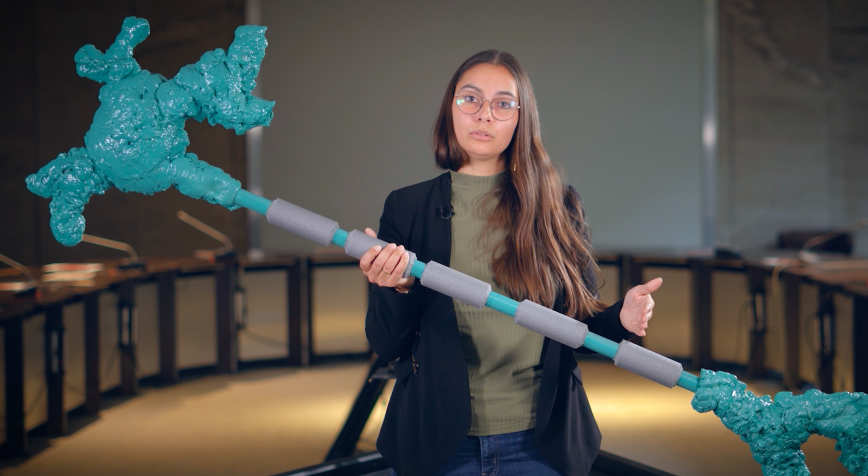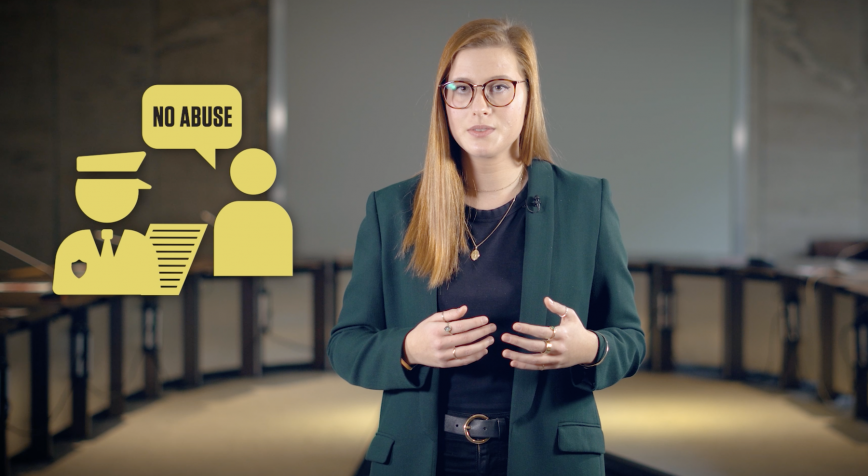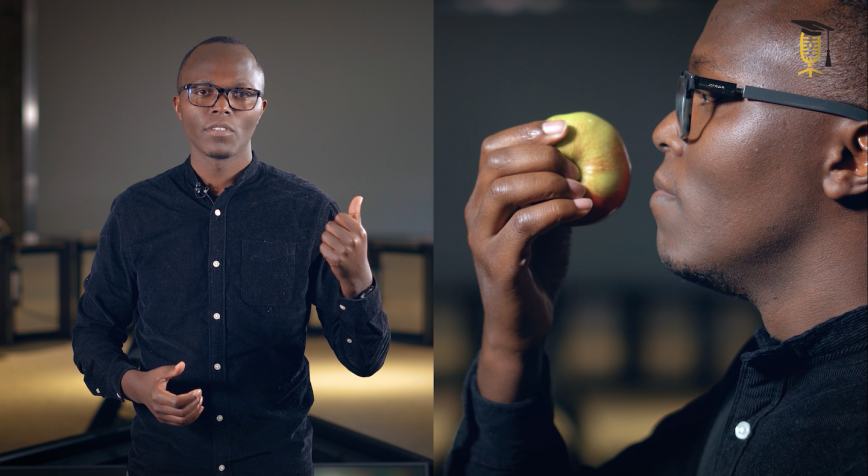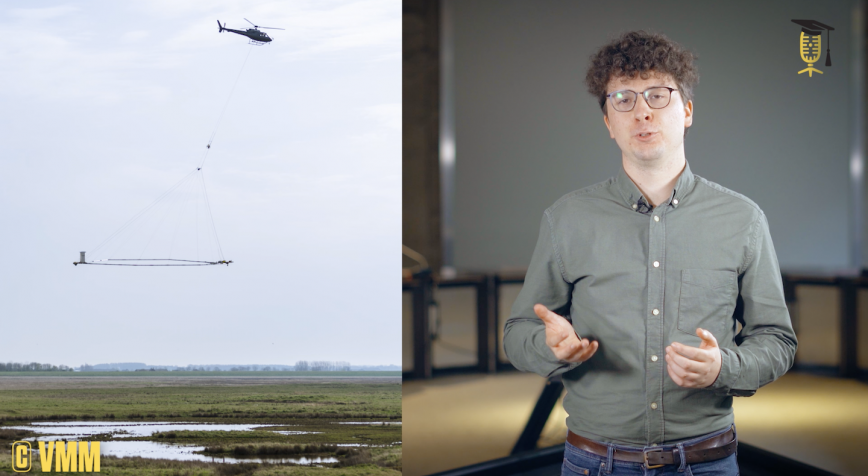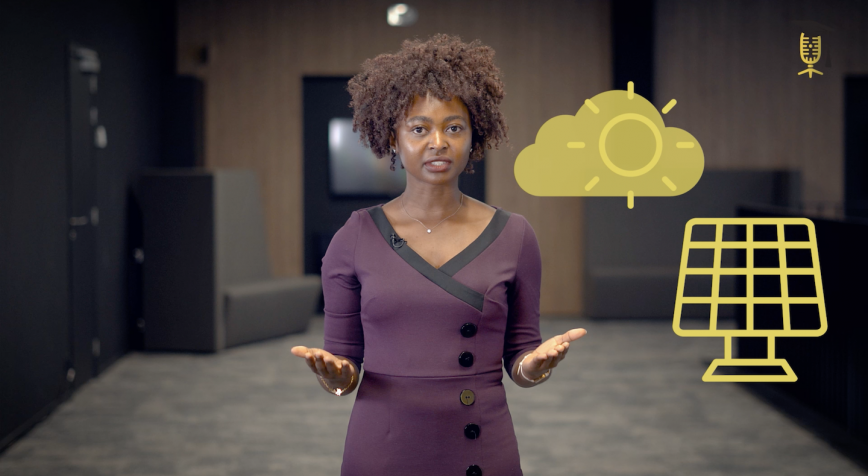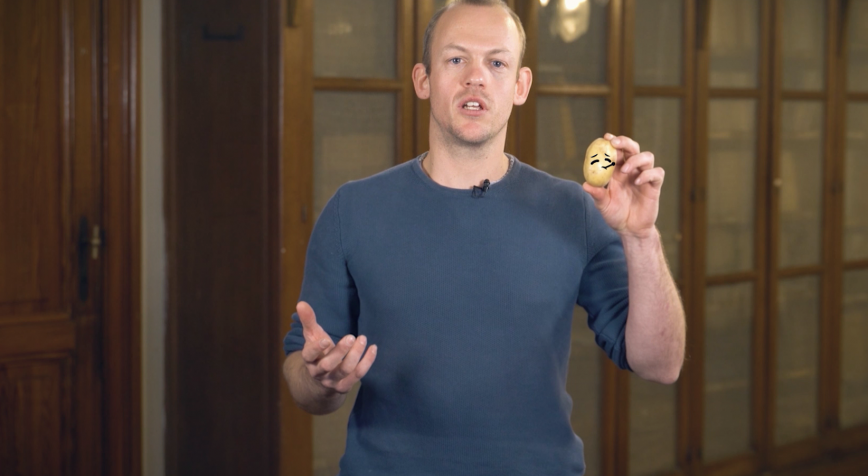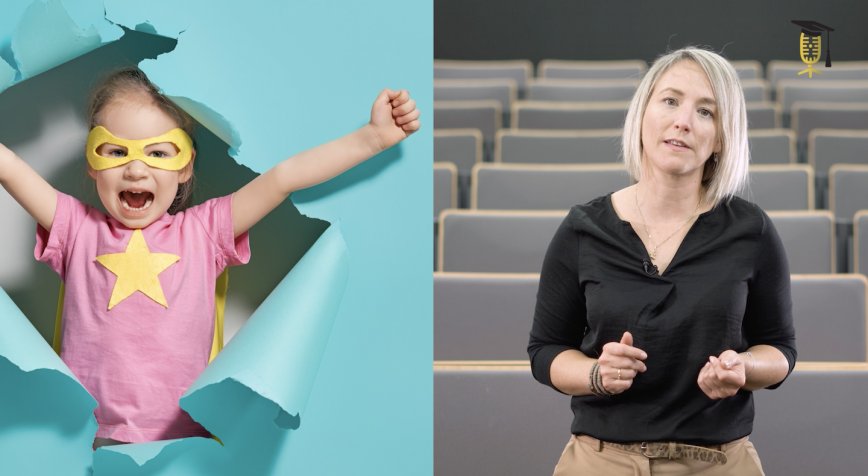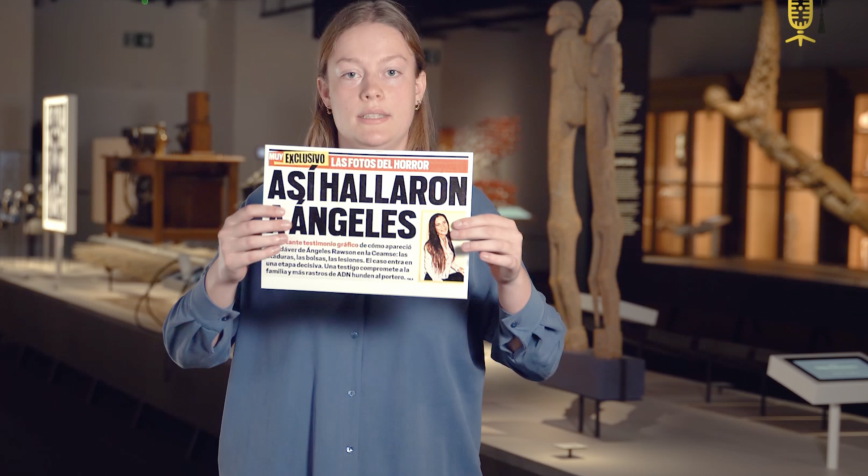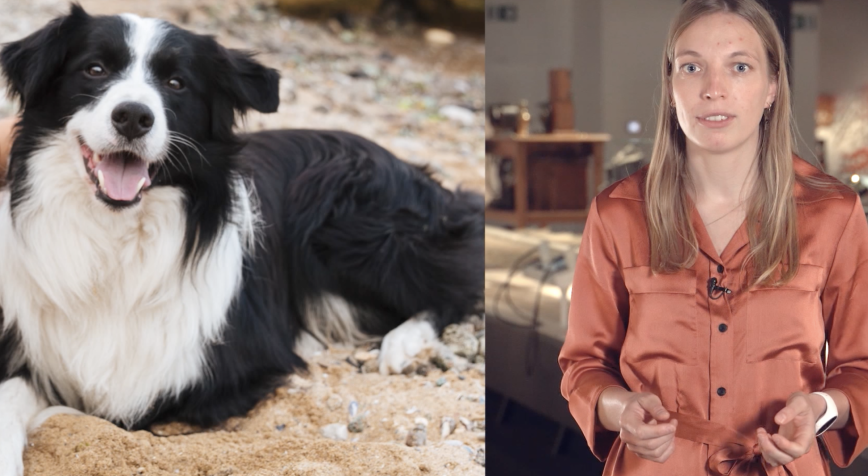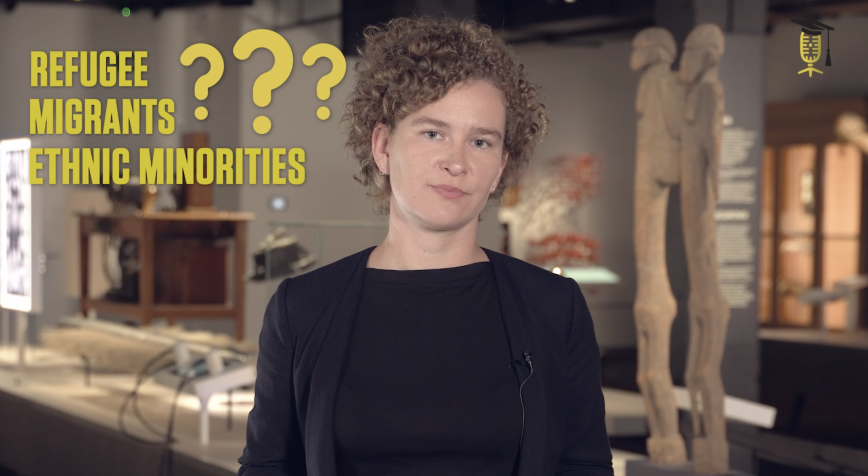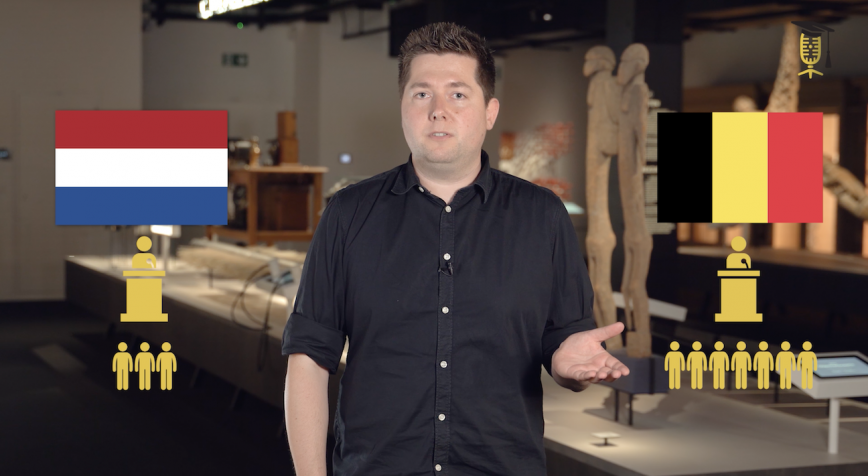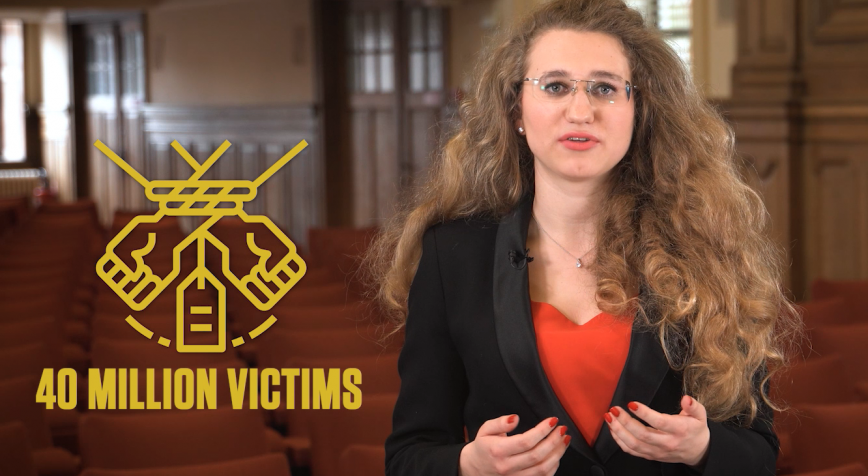
KU Leuven
The stigma of being a human trafficking victim
You might think that slavery is something from the past, but it's not. Even today over 40 million people are being exploited through prostitution, forced labor or organ trade globally. There is a lot of research on human trafficking, but little attention is paid to the experiences of victims afterward. Through interviews, Victoria Wozniak-Cole is giving them a voice. She hopes to better understand the negative treatment they get and help break the stigma they face.
